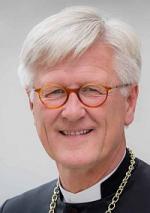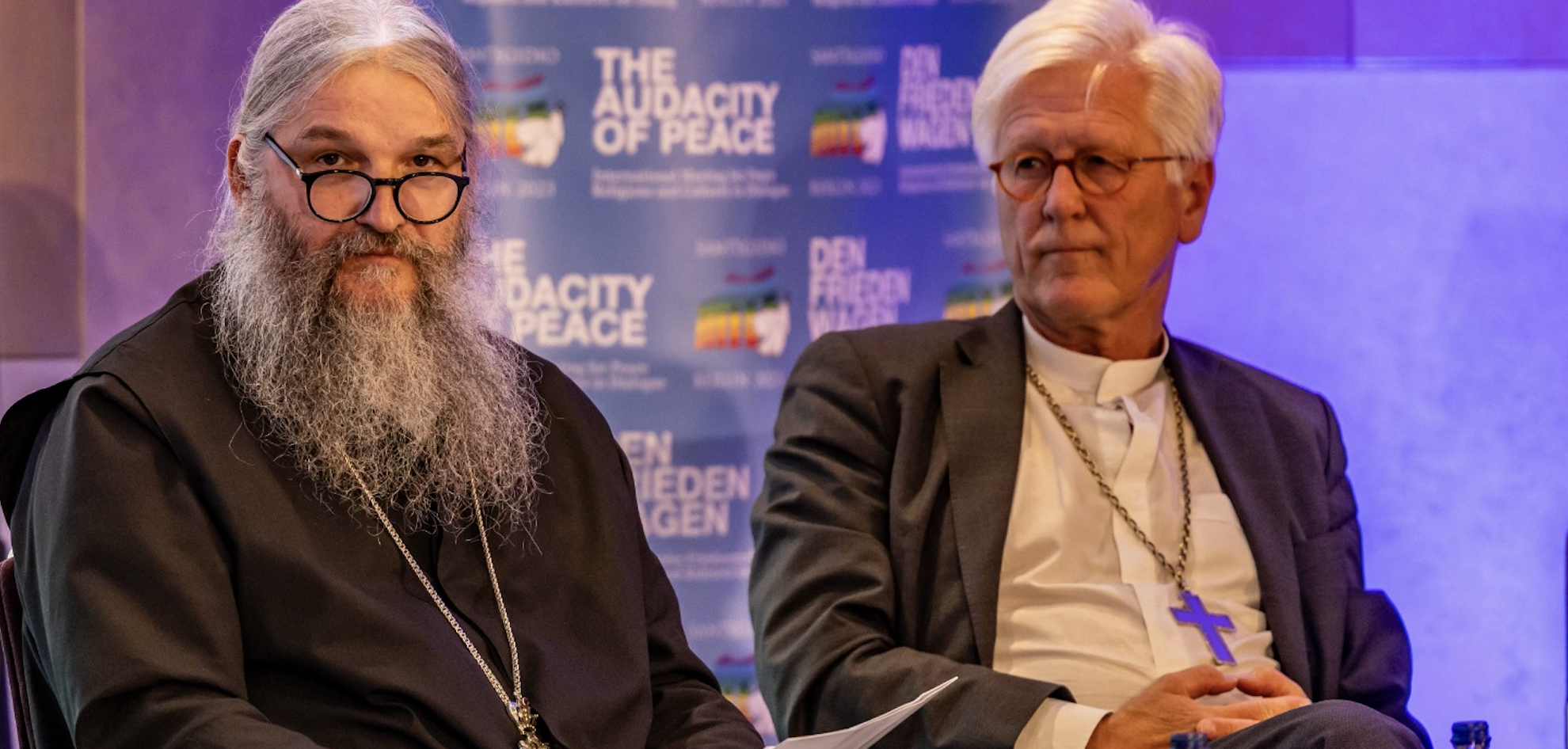
As Christians, it is our firm conviction that the word of God is a compass for our time. But how can we make it fruitful for the public debates on the future of humanity in our times? I believe that our societies need our witness in their search for moral orientation.
Most of us live in societies in which Christian Holy Scriptures are not the generally shared normative basis of societal debates. Whether we live in a society with a different mainline religion or in a more secular environment – there is a need in public debates for making our own normative sources plausible for more than our own religious constituency. Therefore, in Christian theology as much as in the theologies of other religions we need what I call “public theology”.
Public theology is the attempt to provide orientation to the public in fundamental social and political questions of moral relevance and to work out resources of communication that show the relevance of religious orientations also in pluralistic societies. For this, as a religious community, we need what I call “bilinguality”: On the one hand, we need to give an account of the biblical and theological roots of our statements. On the other hand, we need to explain why our considerations and affirmations make sense for all people of good will. In addition to biblical and theological language, public theology must therefore also be able to speak the language of secular discourse and attempt to make itself understood in societal debates beyond church contexts. Such bilinguality must be trained already in our curricula in theological education.
For me it is clear that as churches we cannot exclude the political horizon from our moral considerations and affirmations. This is a direct consequence of the double commandment of love: Love God and love your neighbor as yourself. If we take this commandment seriously, we can never pray without caring for our neighbor. If we are really touched by the suffering of our neighbor near or far, we will do whatever we can to overcome this suffering. And if the suffering is also caused by political decisions, which is the case in most issues, we will have to get engaged in public debates to advocate the necessary political action, f.ex. to overcome hunger in this world or to promote peace or to consequently act against the threat of climate change. We must be aware of the fact that all these themes are matters of life and death. How could we not get involved as people of faith who believe that every human being is created in the image of God!?
In a passage in his Ethics, German Protestant Theologian Dietrich Bonhoeffer who was executed by the Nazis for his resistance activities, writes:
"Fleeing from public controversy, this one and that one attains the sanctuary of a private virtuousness. Such people neither steal, nor murder, nor commit adultery, but do good according to their abilities. But in voluntarily renouncing public life, these people know exactly how to observe the permitted boundaries that shield them from conflict. They must close their eyes and ears to the injustice around them. Only at the cost of self-deception can they keep their private blamelessness clean from the stains of responsible action in the world."
In September 2022, exactly a year ago, the World Council of Churches, representing 352 churches in 120 countries with 580 million members, came together in Karlsruhe/Germany, for its Global Assembly, which takes place only every 8 years. Thousands of people from all over the world came together for ten days to pray, to worship and to discuss questions of global importance such as religious freedom, climate change, economic justice and ways towards peace in the violent conflicts of this world. The assumption behind all these discussions was that – yes! - the word of God is a compass for our time.
What will – to just name one of the issues discussed – our pilgrimage of justice, reconciliation and unity mean for our efforts to end the killing in Ukraine? If we as a community of brothers and sisters who are on different sides of the war cannot be helpful in this, who else can?
The Declaration "War in Ukraine, Peace and Justice in the European Region" issued by the Assembly by consensus in the presence of the Russian Orthodox delegates, lives up to Bonhoeffer’s words just quoted, when it describes how the people of Ukraine "have suffered and continue to suffer since the Russian invasion on February 24, 2022”. "During these past six months”, it says, “the people of Ukraine have suffered a terrifying level of death, destruction, and displacement. More than 13,000 Ukrainian civilians have been killed, cities like Mariupol lie in ruins, and some 14 million people - nearly a third of Ukraine's total population - have been forced to flee their homes.... In addition, there are numerous reports of atrocities that may constitute war crimes and crimes against humanity, including sexual and gender-based violence and the greatly increased risk of being trafficked."
The assembly strongly condemned the war as "illegal and unjustifiable" lamenting the appalling levels of death, destruction and displacement, shattered relationships and deeper than ever entrenched enmity between people in the region, escalating conflicts worldwide, increased risk of famine in world regions already experiencing food insecurity, economic hardship and increased social and political instability in many countries.
"As Christians from different parts of the world" - the Assembly said - "we renew the call for an immediate ceasefire to stop the death and destruction, and for dialogue and negotiations to achieve sustainable peace."
Also notable in the statement is the clear criticism of the misuse of religion to justify war:
"We … strongly affirm … that war is incompatible with God's nature and will for humanity and is contrary to our fundamental Christian and ecumenical principles, and reject any misuse of religious language and authority to justify armed attacks and hatred."
Churches must engage in activities to overcome violence and injustice. They can do it by background talks as St. Egidio has done it in many conflicts and as both the Vatican and us as World Council of Churches are doing it now in Ukraine. But they should also engage in civil society debates which can have crucial relevance for decision making in politics. Obviously possibilities to encourage necessary political action vary depending on the country abd its societal design. But we should try where we can. It is part of the calling that Jesus gave us, when he called his disciples to be salt of the earth and light of the world.
